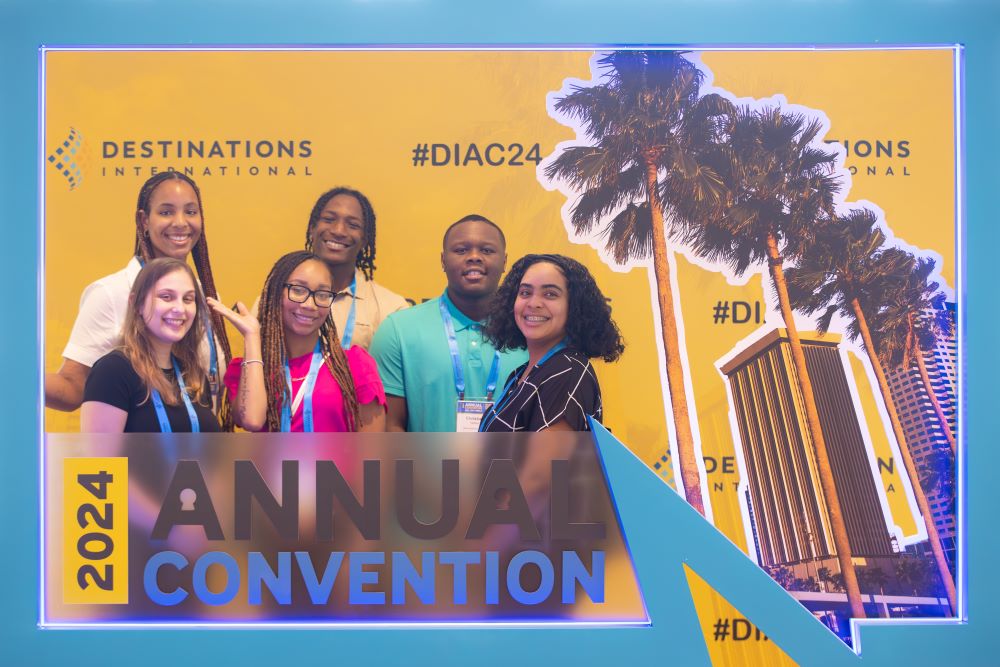In 2023, when Destinations International (DI) announced the selection of Tampa Bay as the site of its 2024 Annual Convention, some of the association’s members expressed concern given recent anti-DEI legislation in Florida. After discussion and consultation with key stakeholders and Tampa leaders, DI decided to proceed but set a specific goal of putting to the test its long-held belief that deliberate engagement offers a more beneficial and impactful approach than boycotting.
The resulting “Tampa Case Study" explores the consultations, strategy, planning, implementation and outcomes of this engagement and demonstrates how the event succeeded in fostering meaningful connections, making an impact and leaving a positive legacy. The Annual Convention was organized to align with seven of the United Nations’ Sustainable Development Goals (SDGs) to emphasize quality education, gender equality, decent work, reduced inequalities, sustainable communities, peace, justice and partnerships. These goals were integrated into the planning process to ensure long-term impact and community support.

The initiative was a tremendous success. The 2024 Annual Convention was DI’s largest ever, with nearly 2,000 attendees, including participants from over 30 countries and territories. DI worked closely with local vendors and non-profits, engaged with diverse communities and the event delivered an estimated direct local economic impact of $3.78 million, including lodging, food & beverage, retail, recreation and other spending.
What convention attendees experienced in Tampa was a thriving city on Florida’s Gulf Coast known for its vibrant cultural scene, diverse population and robust economy. With a population of almost 400,000 residents, the city’s rich cultural tapestry is reflected in its diverse communities, which include significant Hispanic, African American, Asian and LGBTQ+ populations. They experienced Tampa’s commitment to inclusivity and community engagement and witnessed the city’s dynamic blend of historic charm and modern innovation combined with its strong emphasis on community. All of which makes Tampa an ideal location for events that celebrate diversity and local entrepreneurship.

The Tampa Case Study is divided into five parts offering valuable insights and actionable strategies for event strategists and destination professionals spanning sales, marketing and community engagement functions. The case study is accompanied by a detailed toolkit that provides actionable guidance for meeting and event planners and destination organizations to implement similar inclusive strategies when planning and hosting events.
Sophia Hyder Hock, DI’s chief inclusion officer and lead author of the report said, “Our vision extends beyond a single convention to creating a lasting imprint of inclusivity in Tampa and a model for others to follow. We sincerely hope this case study and toolkit serve as an informative and actionable document for destination organizations, event strategists, policy makers and anyone seeking to unleash the potential of travel to benefit local communities and foster social inclusion.”
The report, “Tampa Case Study: Empowering Communities Through Inclusive Business Events” and accompanying toolkit are being made available as a free resource. Both documents, a brief video and additional information about DI’s approach to social inclusion can be found on the DI website.
Sponsored by Destinations International







